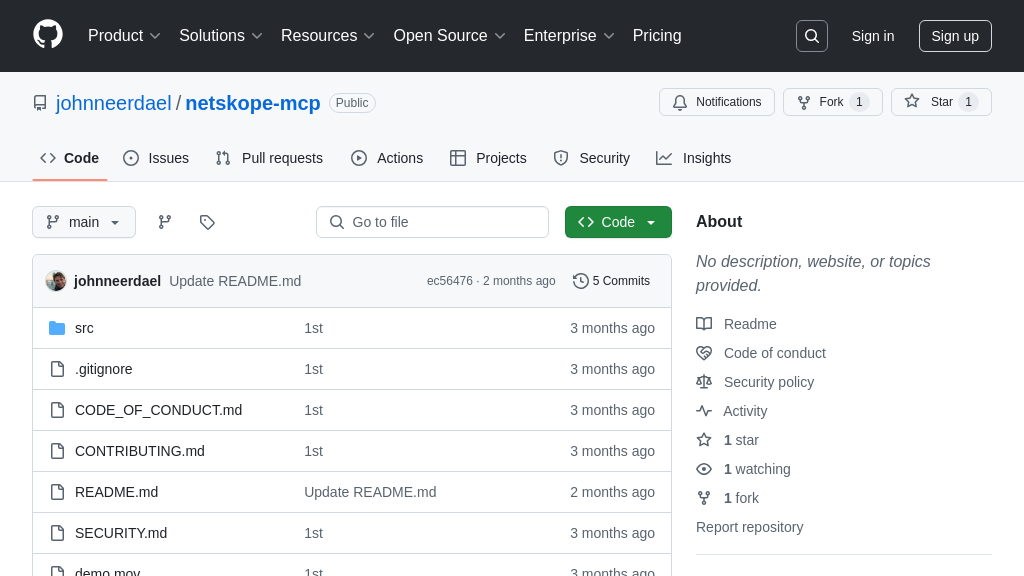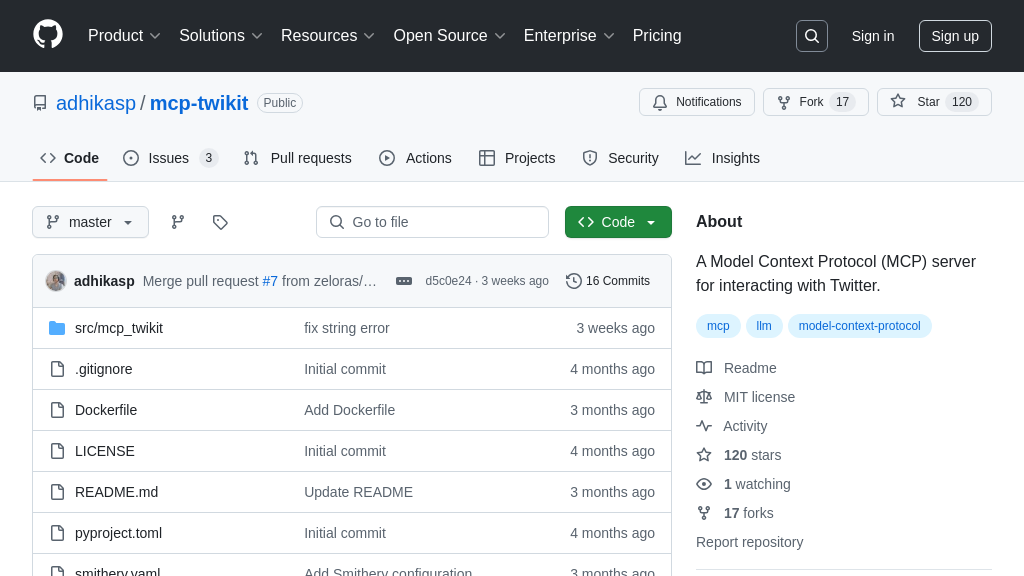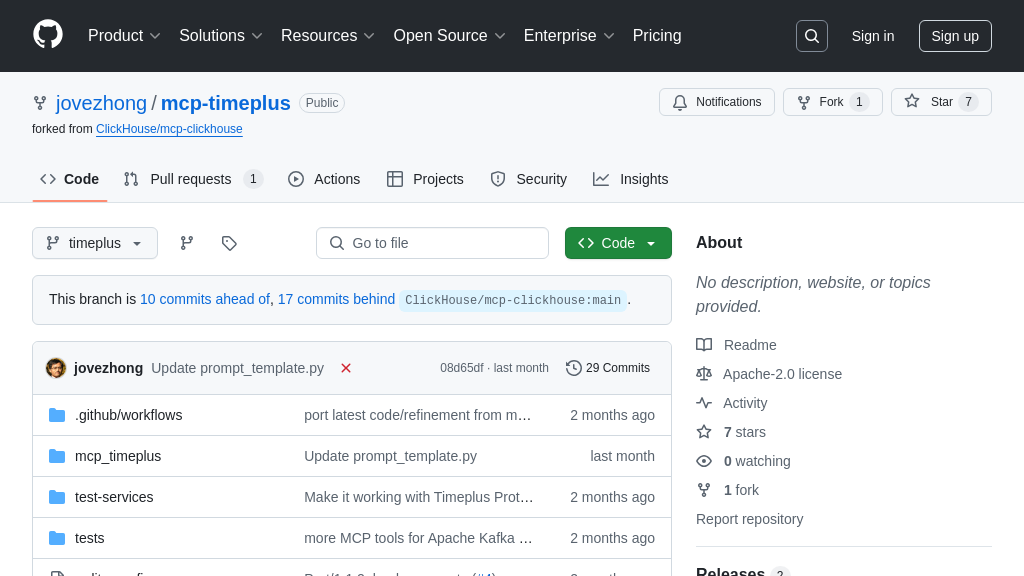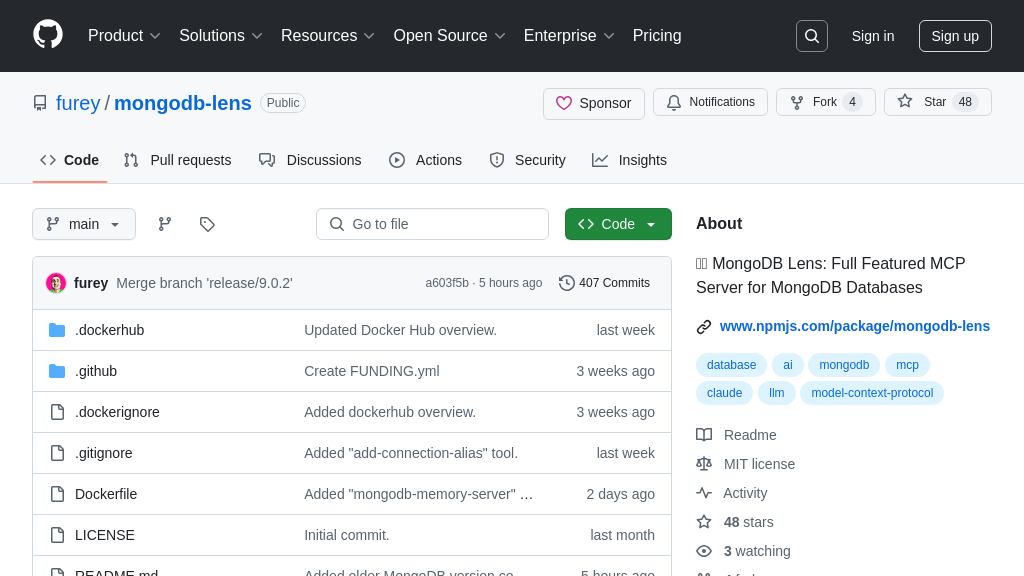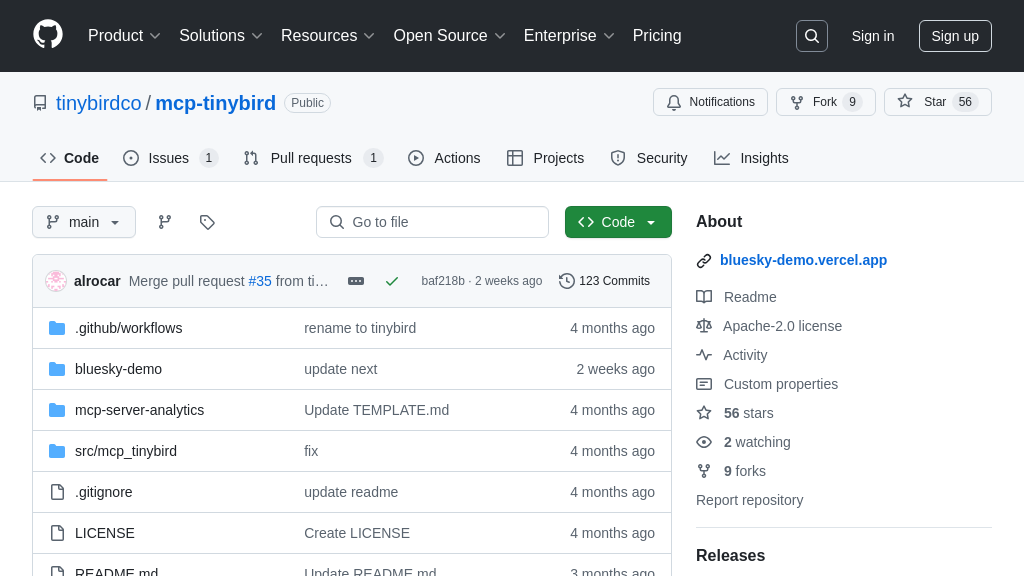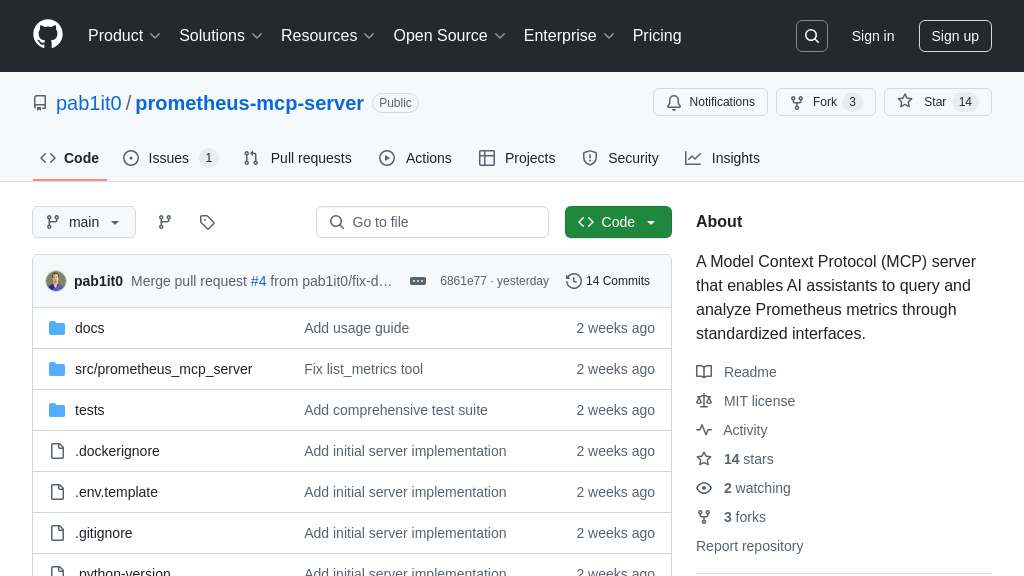server-sentry
server-sentry is an MCP server for Sentry.io, providing AI models with debugging insights via issue analysis and stack traces.
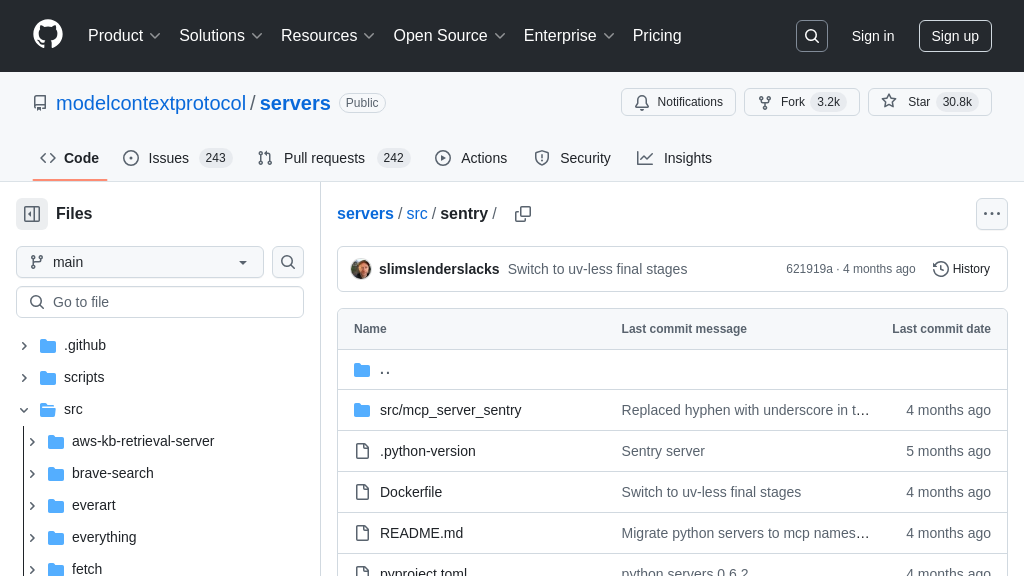
server-sentry Solution Overview
Server-sentry is an MCP server designed to enhance AI model debugging capabilities by providing access to Sentry.io error tracking data. It allows AI models to retrieve and analyze issues directly from your Sentry account, offering insights into error reports, stack traces, and debugging information.
The core functionality revolves around the get_sentry_issue tool, which accepts a Sentry issue ID or URL as input and returns comprehensive issue details, including title, status, timestamps, event count, and the full stack trace. This enables AI models to understand the context of errors and provide more informed responses or automated fixes.
By integrating server-sentry, developers can empower AI models to proactively identify and address software issues, leading to faster debugging cycles and improved application stability. The server can be easily installed via pip and integrated into your MCP ecosystem, offering a seamless way to connect AI models with Sentry's powerful error monitoring features.
server-sentry Key Capabilities
Issue Retrieval & Analysis
The get_sentry_issue tool is the core of server-sentry, enabling AI models to fetch and dissect specific error reports directly from Sentry.io. It accepts either a Sentry issue ID or a URL, then retrieves comprehensive details, including the issue's title, status (resolved, unresolved, etc.), severity level (error, warning, info), timestamps of first and last occurrence, event count, and the complete stack trace. This allows AI models to understand the context and nature of software errors.
For example, an AI model could use this tool to automatically analyze newly reported errors in a production environment. By extracting the stack trace and error message, the AI could identify potential root causes, suggest code fixes, or even automatically escalate critical issues to the appropriate development team. This proactive approach minimizes downtime and improves software reliability. The tool leverages the Sentry API to securely access and retrieve issue data.
Contextualized Error Reporting
The sentry-issue prompt transforms raw Sentry issue data into a human-readable format suitable for conversational AI. This prompt takes an issue ID or URL as input and returns a formatted summary of the issue details, designed to be easily understood within a conversation context. This is crucial for enabling AI assistants to effectively communicate error information to developers or other stakeholders.
Imagine a scenario where a developer asks an AI assistant for an update on a specific bug. The AI can use the sentry-issue prompt to retrieve the latest details from Sentry and present them in a concise and informative manner, highlighting key information such as the error message, affected users, and the number of occurrences. This eliminates the need for developers to manually navigate the Sentry interface, saving time and improving communication. The prompt utilizes natural language processing techniques to generate clear and context-aware summaries.
Automated Debugging Workflow
Server-sentry facilitates the creation of automated debugging workflows by providing AI models with the necessary tools to interact with Sentry data. By combining the get_sentry_issue tool and the sentry-issue prompt, developers can build AI-powered systems that automatically triage, analyze, and even resolve software errors. This can significantly reduce the time and effort required to maintain software quality.
For instance, an AI model could be trained to identify common error patterns in Sentry and automatically suggest solutions based on past successful fixes. When a new error is reported, the AI could use the get_sentry_issue tool to retrieve the relevant details, analyze the stack trace and error message, and then propose a potential solution to the developer. This proactive approach can help developers resolve issues more quickly and efficiently. The workflow can be triggered by new issue alerts from Sentry, creating a closed-loop feedback system.



